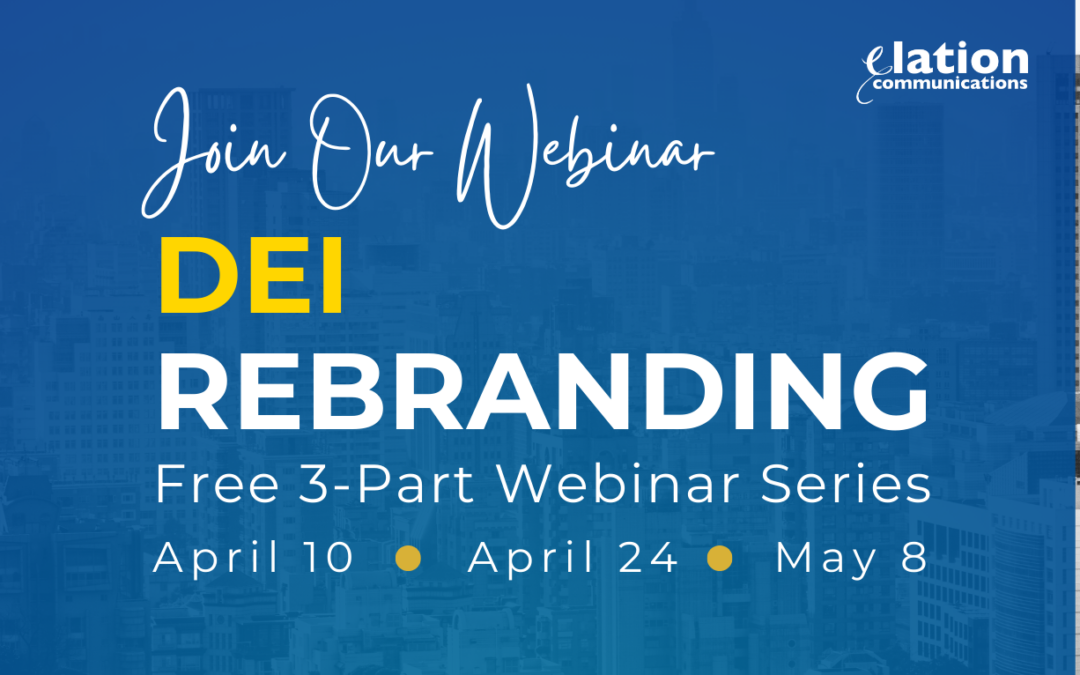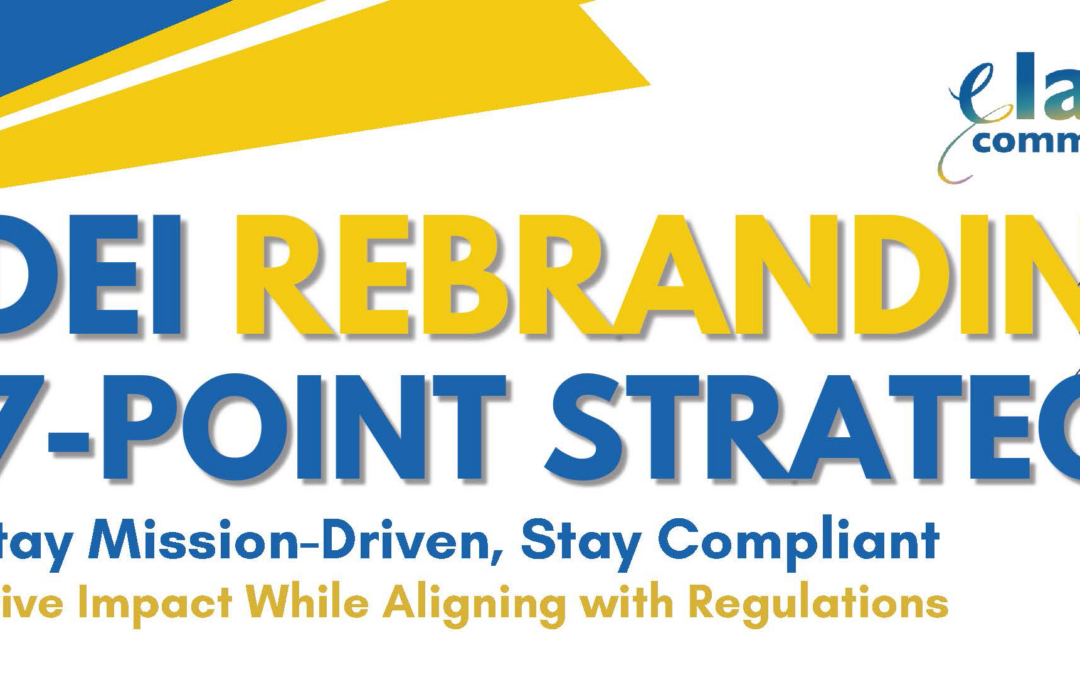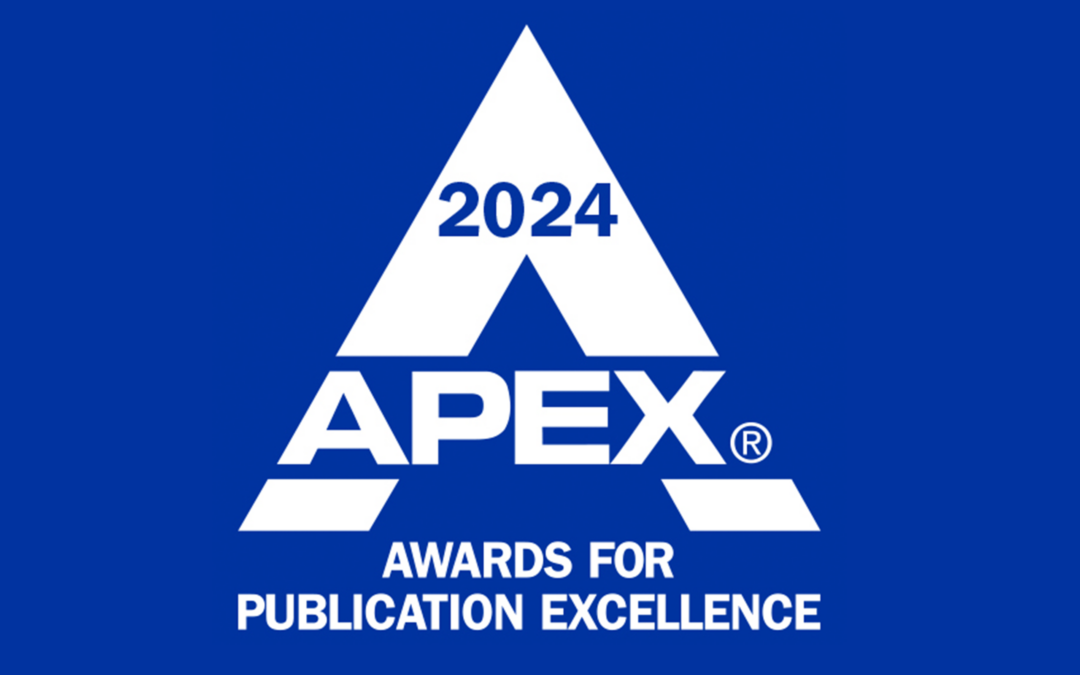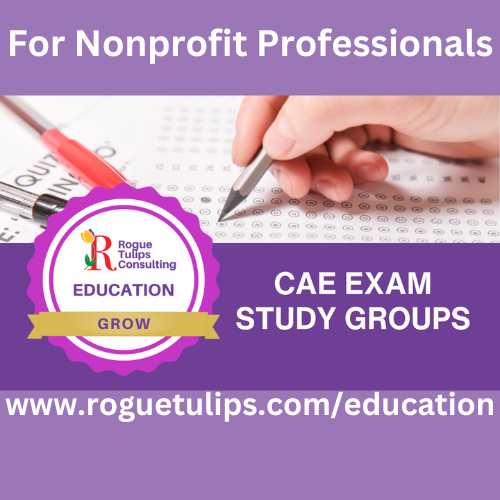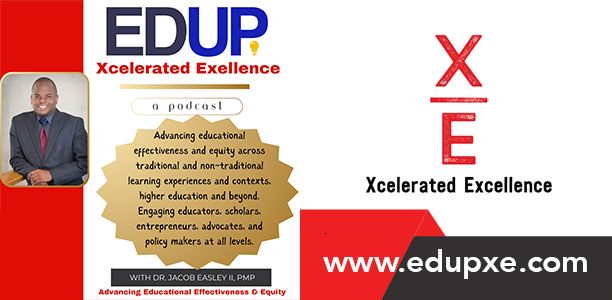An effective event marketing strategy requires clear objectives, a deep understanding of your audience, and a multi-channel approach to reach and engage potential attendees. By leveraging the right tools and tactics, you can ensure your event is not only well-attended but also leaves a lasting impact. With careful planning and execution, your event can become a cornerstone of your marketing efforts, driving brand awareness, generating leads, and fostering a vibrant community around your brand.
Events are excellent opportunities for nurturing relationships. Events bring together like-minded individuals, industry experts, and potential collaborators. This environment is ripe for networking, allowing you to build valuable partnerships that drive your business forward. Attendees who participate in your event are likely interested in your offerings, making them prime candidates for future sales. By engaging with them directly, you build trust and establish meaningful connections. These interactions can lead to long-term customer relationships and increased loyalty.
One often-overlooked advantage of event marketing is the ability to directly interact with your target audience to gather real-time feedback and foster deeper engagement. Events serve as a live focus group where you can gauge attendee reactions and collect opinions about your products or services. Activities such as live demonstrations, interactive booths, and Q&A sessions can captivate attendees and encourage them to interact with your brand. This engagement not only keeps attendees interested but also provides valuable insights into their preferences and behaviors.
You should leverage these strategies to ensure your event not only attracts attendees but also leaves a lasting impression, driving brand loyalty and business growth:
- Before diving into the marketing tactics, it’s crucial to define what you want to achieve with your event. Determine how you will measure the success of your event marketing efforts.
- Clearly articulate what makes your event unique and why people should attend.
- Use scarcity tactics like limited early bird tickets or exclusive VIP packages to create a sense of urgency and excitement around your event.
- Leverage multi-channel marketing including email, social media, and content marketing and paid advertising:
- Build an email marketing campaign that includes save-the-date announcements, registration invitations, and event updates.
- Use social media to reach a broader audience by creating an event hashtag, posting regular event updates, and running contests or giveaways.
- Create valuable content including blog posts, podcasts, videos, and infographics related to the event’s theme.
- Invest in targeted advertising to reach specific segments of your audience. Use platforms like Google Ads, Facebook Ads, and LinkedIn Ads to promote your event to relevant audiences.
Be sure to engage partners and influencers who can help promote your event, optimize your event website, and utilize event technology, including live streaming to expand your audience reach. Events are a goldmine for content creation. From live videos and photos to attendee testimonials and user-generated content, events provide a wealth of material that can be repurposed across various platforms. This content can extend the life of your event and keep your audience engaged long after it’s over.
Effective event marketing is a powerful tool that can elevate your brand, engage your audience, and drive business results. Whether you’re hosting a small workshop or a large conference, investing in effective marketing strategies will ensure your event is memorable and impactful.
Ready to make your event stand out? Let us help you get there. Contact us today and experience the abundant benefits of effective event marketing.
